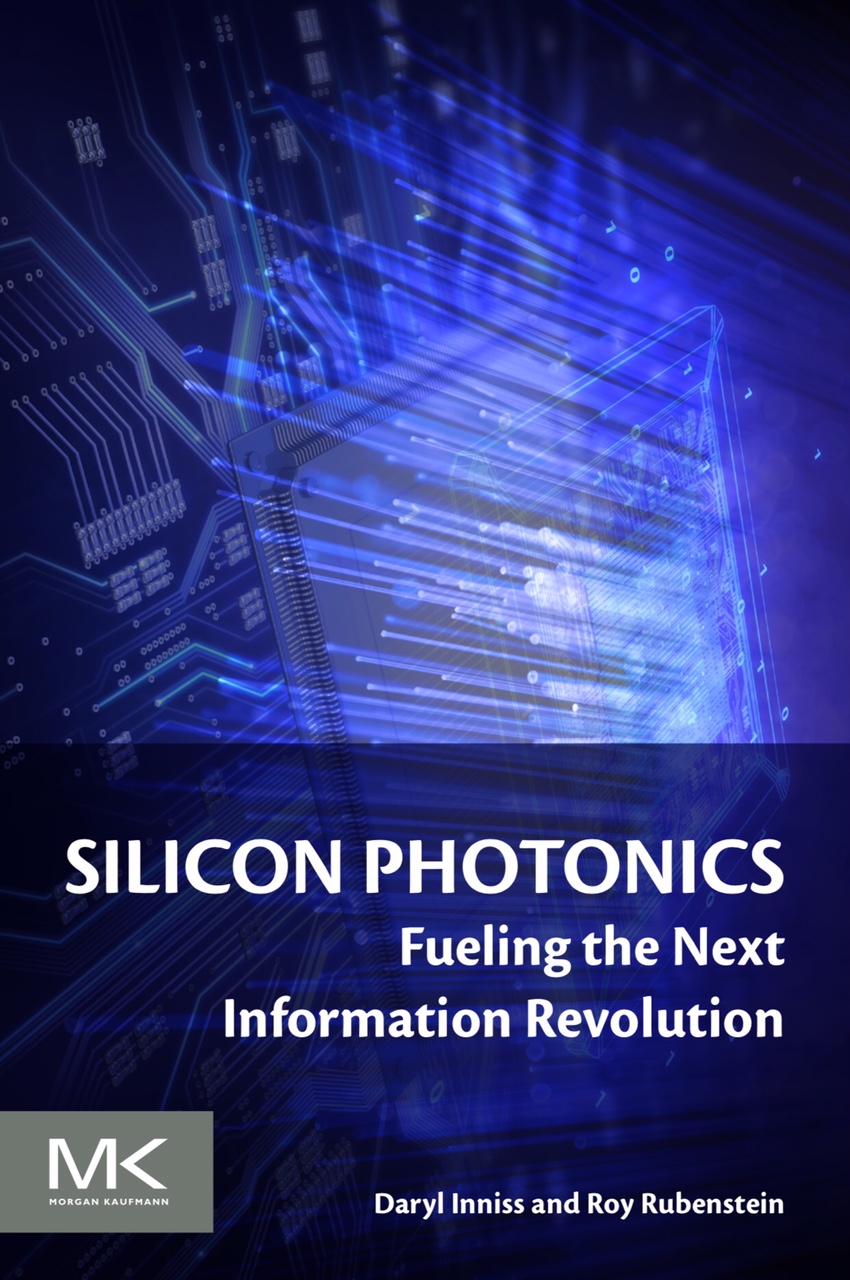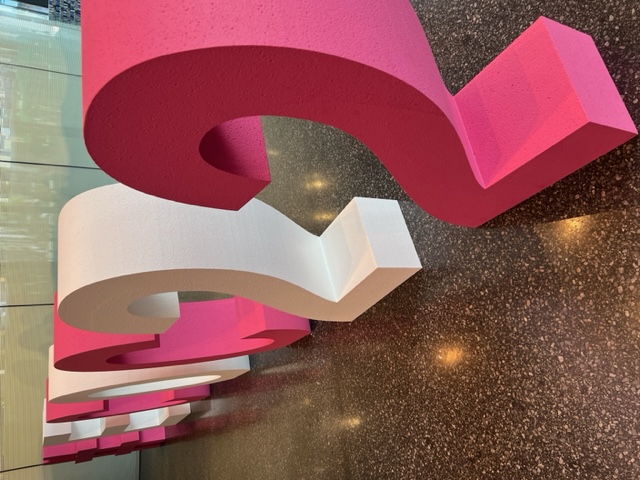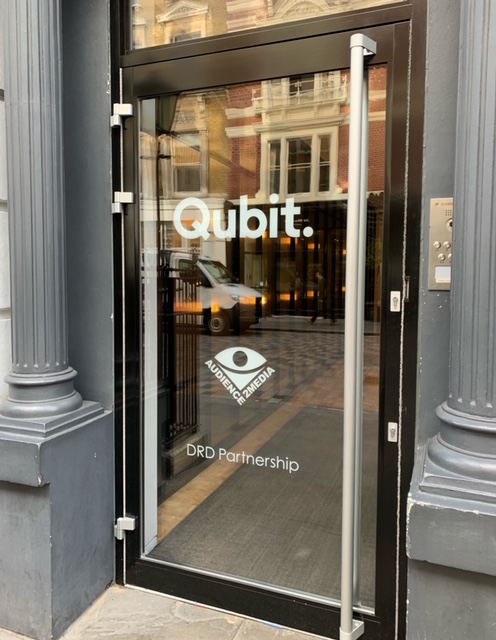Drut tackles disaggregation at a data centre scale
 Friday, December 29, 2023 at 10:14AM
Friday, December 29, 2023 at 10:14AM - Drut’s DynamicXcelerator supports up to 4,096 accelerators using optical switching and co-packaged optics. Four such clusters enable the scaling to reach 16,384 accelerators.
- The system costs less and is cheaper to run, has lower latency, and better uses the processors and memory.
- The system is an open design supporting CPUs and GPUs from different vendors.
- DynamicXcelerator will ship in the second half of 2024.
 Bill Koss (L) and Jitender Miglani.
Bill Koss (L) and Jitender Miglani.
Drut Technologies has detailed a system that links up to 4,096 accelerator chips. And further scaling, to 16,384 GPUs, is possible by combining four such systems in ‘availability zones’.








